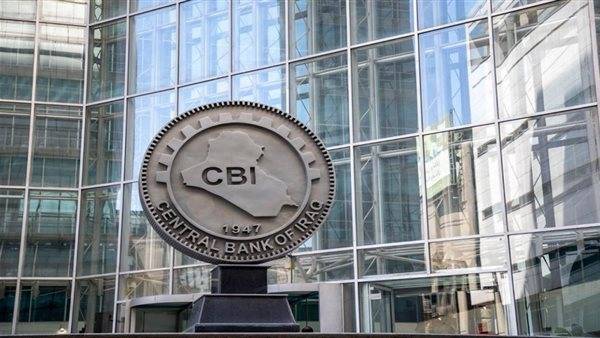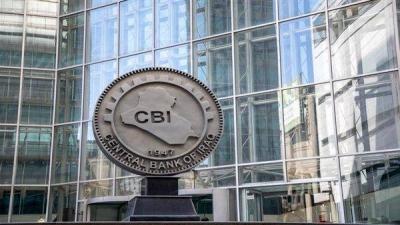Iraq has decided to prohibit eight local commercial banks from dealing in US dollars as part of measures to curb fraud, money laundering, and other illicit uses of the American currency, following a visit by a senior US Treasury official to Baghdad. Under this decision, the eight banks will be barred from participating in the daily dollar auction organized by the Central Bank of Iraq, which is the primary source of hard currency for the import-dependent country.
Iraq has become a focal point in the US campaign aimed at limiting the smuggling of dollars to Iran. As a rare ally of both the United States and Iran, Iraq holds reserves exceeding $100 billion in the US and relies heavily on Washington's goodwill to ensure access to its oil revenues and financial resources is not obstructed.
The Central Bank of Iraq issued a document, verified by a bank official, listing the banned banks, which include Ashur International Investment Bank, Iraqi Investment Bank, Iraqi Union Bank, Kurdistan International Islamic Bank for Investment and Development, Al-Huda Bank, South Islamic Bank for Investment and Financing, Arab Islamic Bank, and Hammurabi Commercial Bank.
The Chairman of the Association of Iraqi Private Banks, representing the banks under the ban, as well as Ashur International Investment Bank and Hammurabi Commercial Bank, have not responded to requests for comments thus far. Reuters is also reaching out to the other banks. A US Treasury spokesperson stated, "We commend the steps that the Central Bank of Iraq continues to take to protect the Iraqi financial system from abuse."
The Central Bank has indicated that the banned banks are allowed to continue operations and conduct transactions in other currencies. A senior Treasury official told Reuters that Washington expects Iraq to make greater efforts to help counter Iran-backed armed groups that operate from Iraq following the deaths of three American soldiers last week, blaming Iraqi militant factions for the attack.
The current Iraqi government came to power with the support of strong, Iran-backed parties and armed factions that have significant interests in Iraq's largely informal economy, including a financial sector long viewed as a hub for money laundering. Western officials have praised cooperation with Iraqi Prime Minister Mohammed Shia' al-Sudani in implementing economic and financial reforms aimed at limiting Iran and its allies' access to dollars and aligning the Iraqi economy with international standards.




